All rights reserved. No part of this book may be reproduced, stored in a retrieval system, or transmitted in any form or by any means, without the prior written permission of the publisher, except in the case of brief quotations embedded in critical articles or reviews.
Every effort has been made in the preparation of this book to ensure the accuracy of the information presented. However, the information contained in this book is sold without warranty, either express or implied. Neither the author, nor Packt Publishing, and its dealers and distributors will be held liable for any damages caused or alleged to be caused directly or indirectly by this book.
Packt Publishing has endeavored to provide trademark information about all of the companies and products mentioned in this book by the appropriate use of capitals. However, Packt Publishing cannot guarantee the accuracy of this information.
Published by Packt Publishing Ltd.
B3 2PB, UK.
Foreword
Until quite recently, software had undergone a rather pedestrian process of evolution from the earliest personal productivity tools of the PC era, to enabling team collaboration thanks to the emergence of low cost networking in the 1990s, and then lastly through the era of the first internet-aware software, which enabled organizational software like CRM. But around the mid-point of the last decade, something very interesting began to happen in the world of software that went on to create an unprecedented explosion in form, function, and sheer volume of choice in the world of software that we live in today.
In 2011, Marc Andreessen, founder of Netscape (the world's first web browser), insightfully encapsulated the factors behind this new era of software in his Wall Street Journal article, Why Software Is Eating The World"Six decades into the computer revolution, four decades since the invention of the microprocessor, and two decades into the rise of the modern Internet, all of the technology required to transform industries through software finally works and can be widely delivered at global scale."
There has never been a time when we've had more choice in software nor has the capability and usefulness of software ever been greater.
What's possibly even more interesting about this new world is that the biggest beneficiaries will not be the mega-corporations who possess the huge amounts of capital necessary to benefit from the earlier generations of software, but the millions of small and medium sized businesses (SMBs) in the UK.
The productivity of our SMBs matters a great deal more than you might realize. SMBs contribute to more than half of the UK's national gross domestic product every year and account for almost three quarters of employment. And it's among this vital economic community that modern, powerful software has finally found a home in the village shop, the five person design studio, and the small town roofing contractor, which makes me incredibly optimistic about the decades ahead when we'll finally see millions of great British businesses unlocking their true potential with great software.
Of course, software on its own isn't enough and so before the UK's millions of business owners and managers can hope to benefit from this new era, they first need to grasp what it means practically, and how they might approach harnessing it. And it is in this regard that the author of this book, Jon Jenkins, is well qualified having helped hundreds of small businesses adapt to and embrace cloud software. As managing director at Xero, I first met Jon around 5 years ago and was struck by both his passion and his clarity of vision about the potential cloud software had for transforming the productivity of small businesses in particular and it has been a pleasure to observe Jon go on to help, coach, and advise many hundreds of companies since that time.
This book is the distillation of Jon's own expertise and ability together with countless practical insights gained through working with all those companies and business owners.
Gary Turner
Managing Director, Xero
About the Author
Jon Jenkins graduated from Oxford Brookes University, Oxford, United Kingdom, in 2007 with a bachelor of science degree in applied accounting. He has been a certified chartered accountant since 2006 at the age of just 25. Jon began working in 1999 with Allied Leisure PLC and quickly rose up the career ladder using passion and drive to improve processes, procedures, and systems. Seeing the difference small incremental changes could make to businesses, each subsequent job has been all about improving processes, procedures, and systems, and it is these experiences that have culminated in him writing this book.In 2011, he founded a company called Smart Accountancy Systems focused on client care and a wider range of services using cloud accounting software. Jon holds regular seminars for businesses wanting to explore or discover the possibilities of how the cloud can increase productivity, profitability, and provide better job satisfaction. He is also the cofounder and CEO of Hindsight, a new software development and Xero add-on, which enables advisors to get even better business insight into client affairs so they can raise their service level yet another notch.
I would like to thank Packt Publishing for enabling me to publish this book. I never thought that I would be in a position to do such a thing.
I would also like to express my gratitude to Emma Chen and my children for their love, patience, and support, not just during the time I have taken away to write this book, but in the many late nights and long weekends that have been given up for me to follow my passion. I hope that one day I am able to repay the favor.
Finally, a big thank you to Amy Harper for reviewing the book and pointing out my errors sometimes! Without her support, we would not have gotten this over the line.
About the Reviewer
Amy Harper has been working in accountancy for a number of years within the industry and in practice roles. Her main focus has been working with small- to medium-sized businesses helping them grow and develop using current and accurate accounting data. She believes the introduction of Xero has dramatically changed the way accountants now works and it has enabled clients to be much more in touch with the actual performance of their businesses.
Amy currently works at Smart Accountancy Systems as a finance manager delivering management accounts, cashflows, and budgets to a portfolio of clients.
I would like to thank my husband for supporting me in my career and for being a great sounding board for my ideas.

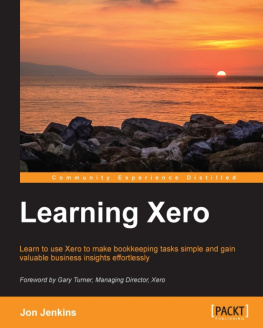





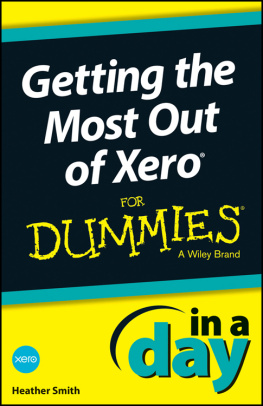
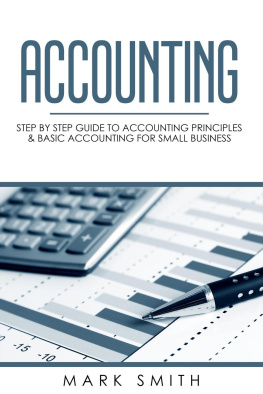
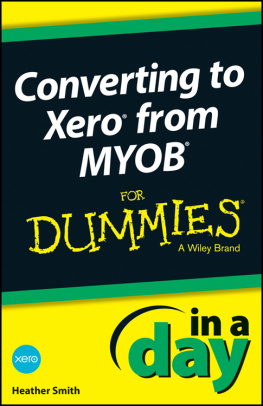
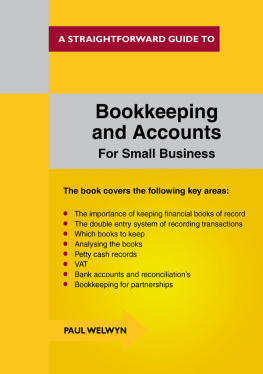
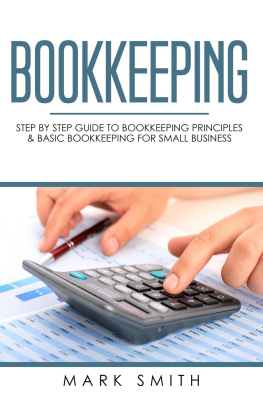
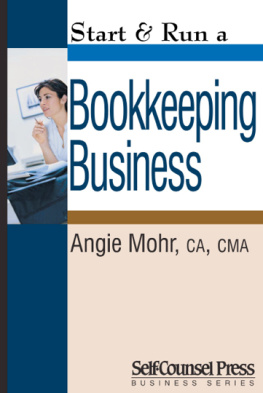
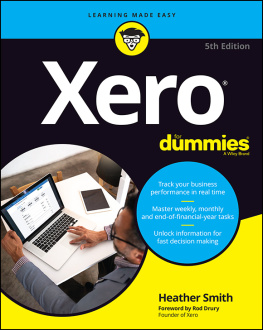
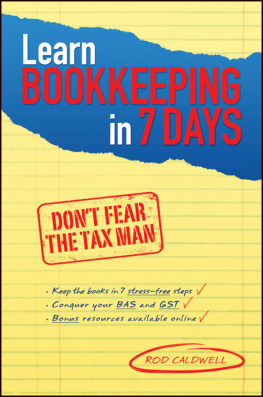
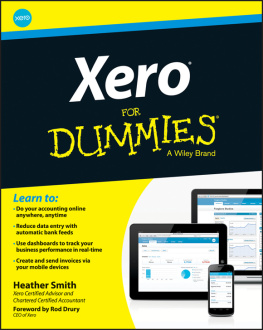
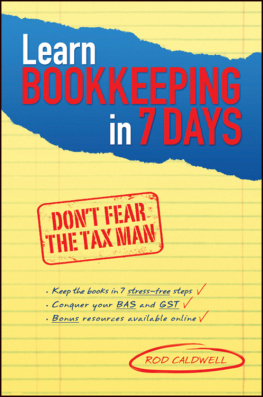
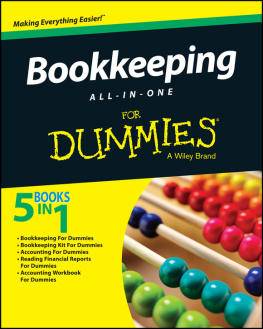
![Jane E. Kelly - Bookkeeping and Accounting All-in-One For Dummies [UK edition]](/uploads/posts/book/80164/thumbs/jane-e-kelly-bookkeeping-and-accounting.jpg)